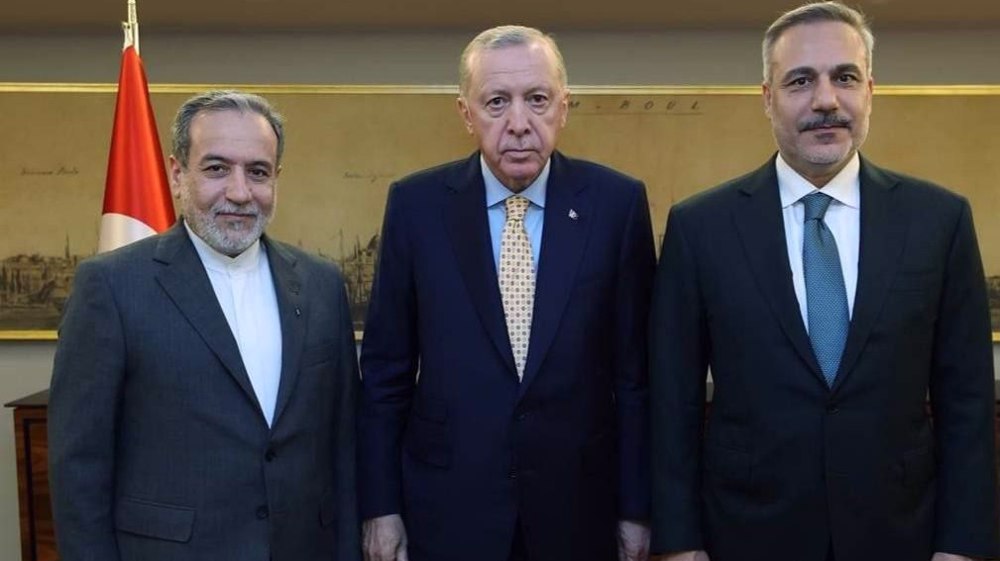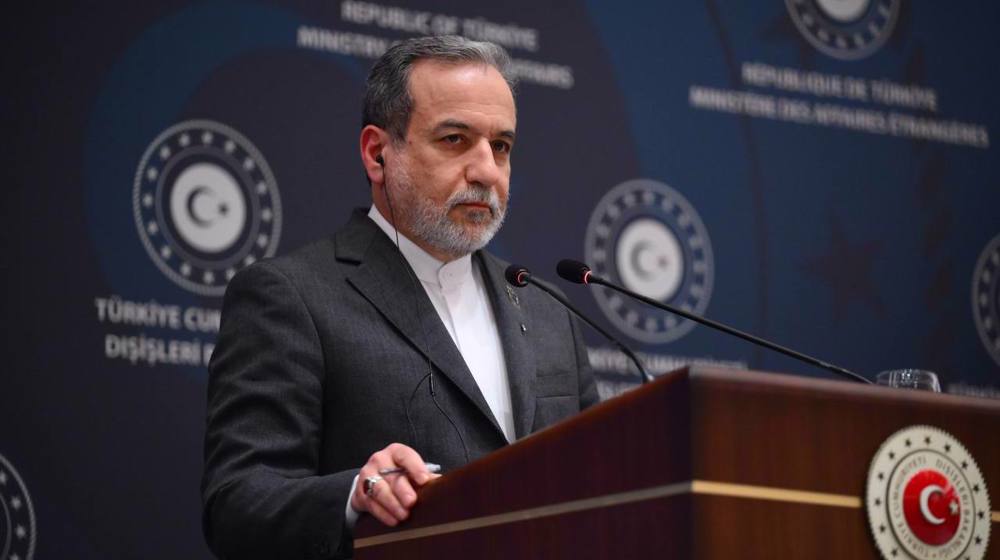Ethnic Kurds stuck in urban war zone in southeast Turkey
Tens of thousands of civilians of Kurdish ethnicity have been trapped in the middle of fighting between government forces and militants in urban regions in southeast Turkey.
Residents of the town of Cizre say their food and water supplies are severely depleted as they hide in homes or in basements, and those in need of medical attention cannot reach hospitals.
Rights abuses have been reported to be rife as shops holding people's necessities remain closed in the town, which has been under curfew for the 11th straight day .
The situation is similar in the town of Silopi, near the border with Syria and Iraq, where residents are struggling to survive the round-the-clock curfew, violence and power cuts. One lawmaker said more than 10 civilians have been killed in Silopi since December 14, when the curfew was imposed to aid security operations. She says the fighting is so intense that families are unable to bury their dead.
"There are military tanks everywhere in Silopi but people are still living here," said Aycan Irmez, a lawmaker with the Peoples' Democratic Party. "We cannot sleep day or night because of the constant shelling or gunfire."
Turkish security forces are currently imposing curfews in five towns in the Kurdish-dominated southeast of Turkey.

Turkish security forces launched a large-scale operation last week hoping to rout militants linked to the outlawed Kurdistan Worker's Party, or the PKK, and say more than 200 of them have been killed. Thousands of troops and tanks have been sent to crush pockets of resistance across mainly Kurdish districts, where PKK militants have set up trenches to keep them at bay. Flashpoints have been under a 24-hour curfew since mid-December.
While there have been repeated clashes and long curfews since the collapse of peace talks in July, many in the region had hoped the talks would resume after a November election gave a decisive majority to the Justice and Development Party founded by President Recep Tayyip Erdogan.
Instead, the fighting has intensified.
"If things continue like this, we will become just like Syria," said Mehmet Salih Bagata, a lawyer in the southeastern town of Cizre, the scene of the heaviest clashes and the highest reported fatalities since authorities stepped up military operations.
The leader of the pro-Kurdish People's Democratic Party, which made history when it entered parliament in June but lost seats in the November vote, has attempted to mediate the conflict with the PKK, repeatedly urging both sides to "silence their arms."
A senior government official told reporters that Kurdish youth were waging an insurgency inspired by the fighting in Syria's border city of Kobani, where Kurds have established de facto autonomy.
The official accused the Kurdish militants in Turkey of using residents as human shields by shooting at security forces from inside homes and of preventing residents from fleeing during military operations. He said the government was trying to prevent civilian casualties and rights violations, including investigating possible human rights abuse after an image on social media in October showed a corpse tied to a security vehicle being dragged along a street in southeast Turkey.
VIDEO | Kashmir prepares for Ramadan as holy month approaches
VIDEO | Two years on: Families plead for abducted Gaza doctors' release
VIDEO | Up to 4,000 children lost limbs in Gaza war, now trapped without prosthetics
Iran FM arrives in Geneva for next round of indirect talks with US
Israeli strike in eastern Lebanon kills four
Six top Trump administration officials appear in Epstein files
VIDEO | Little short-term gain for US in striking Iran
VIDEO | Israel escalation and 'Board of Peace' meeting














 This makes it easy to access the Press TV website
This makes it easy to access the Press TV website